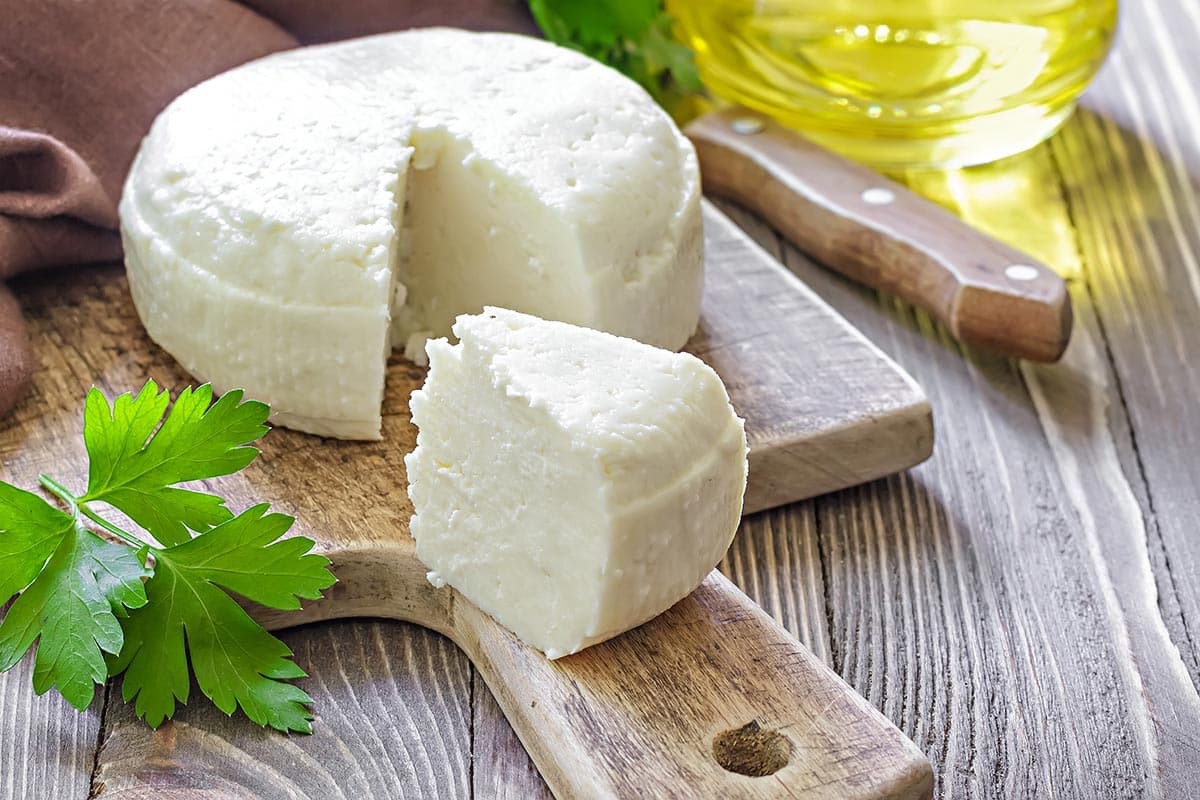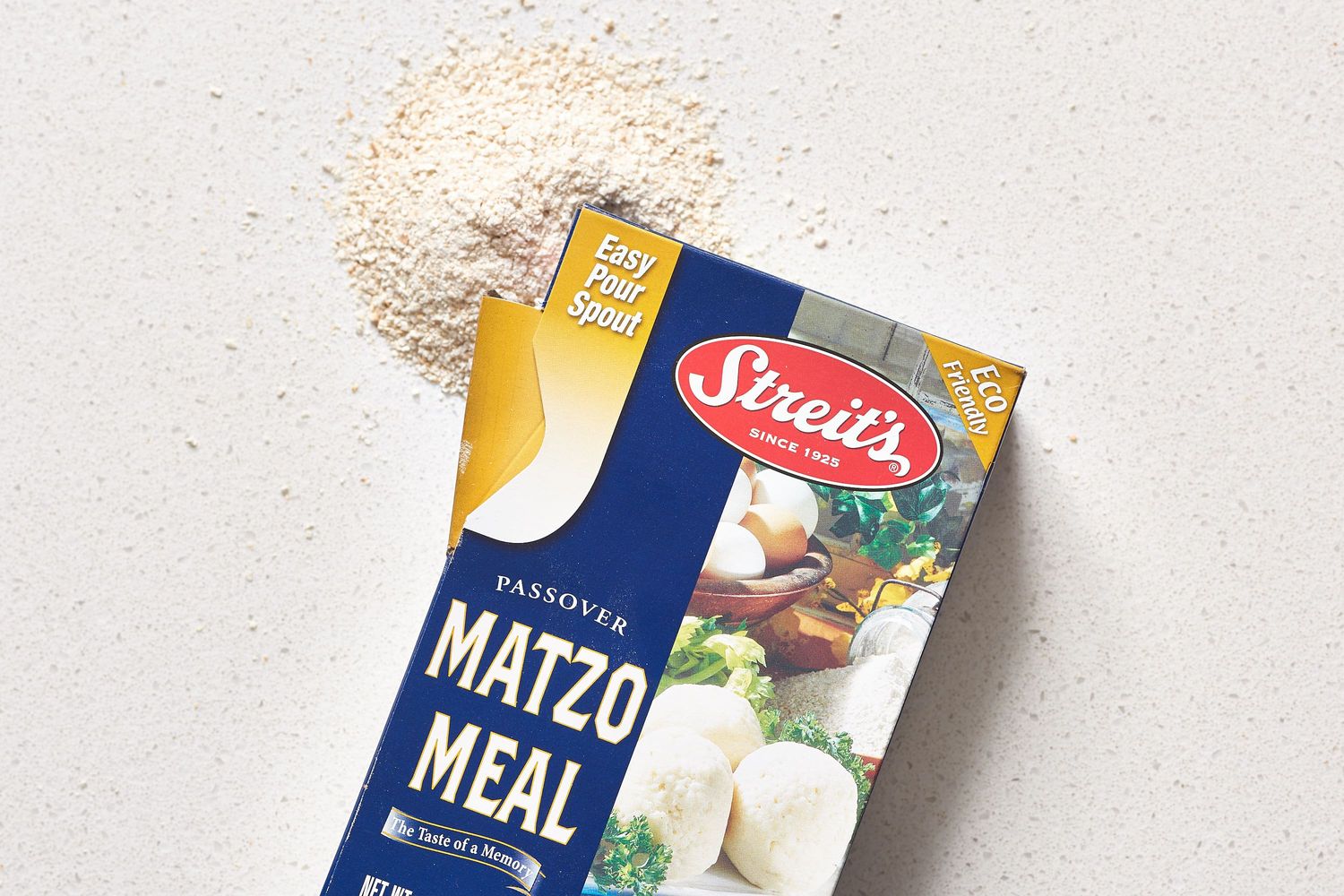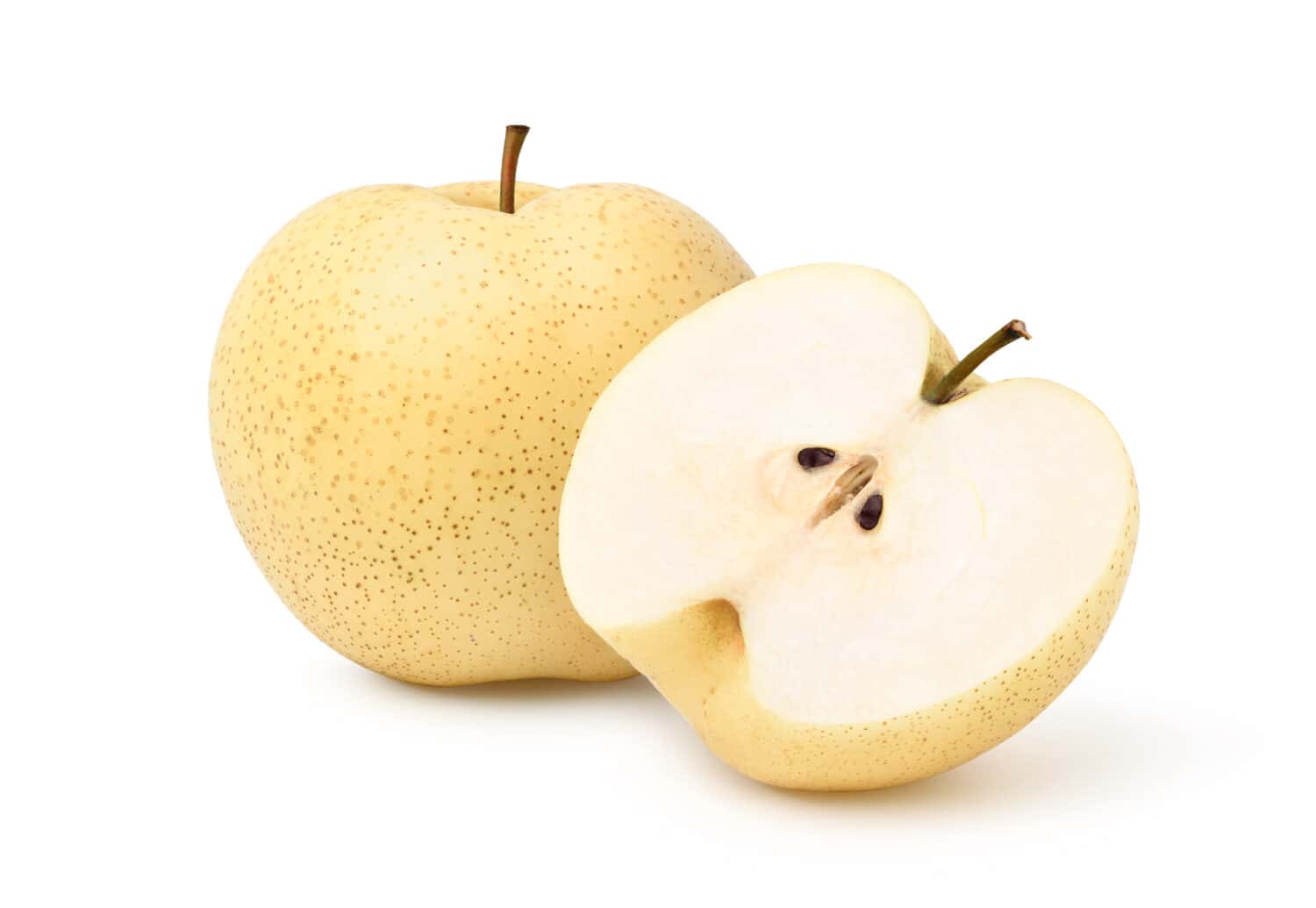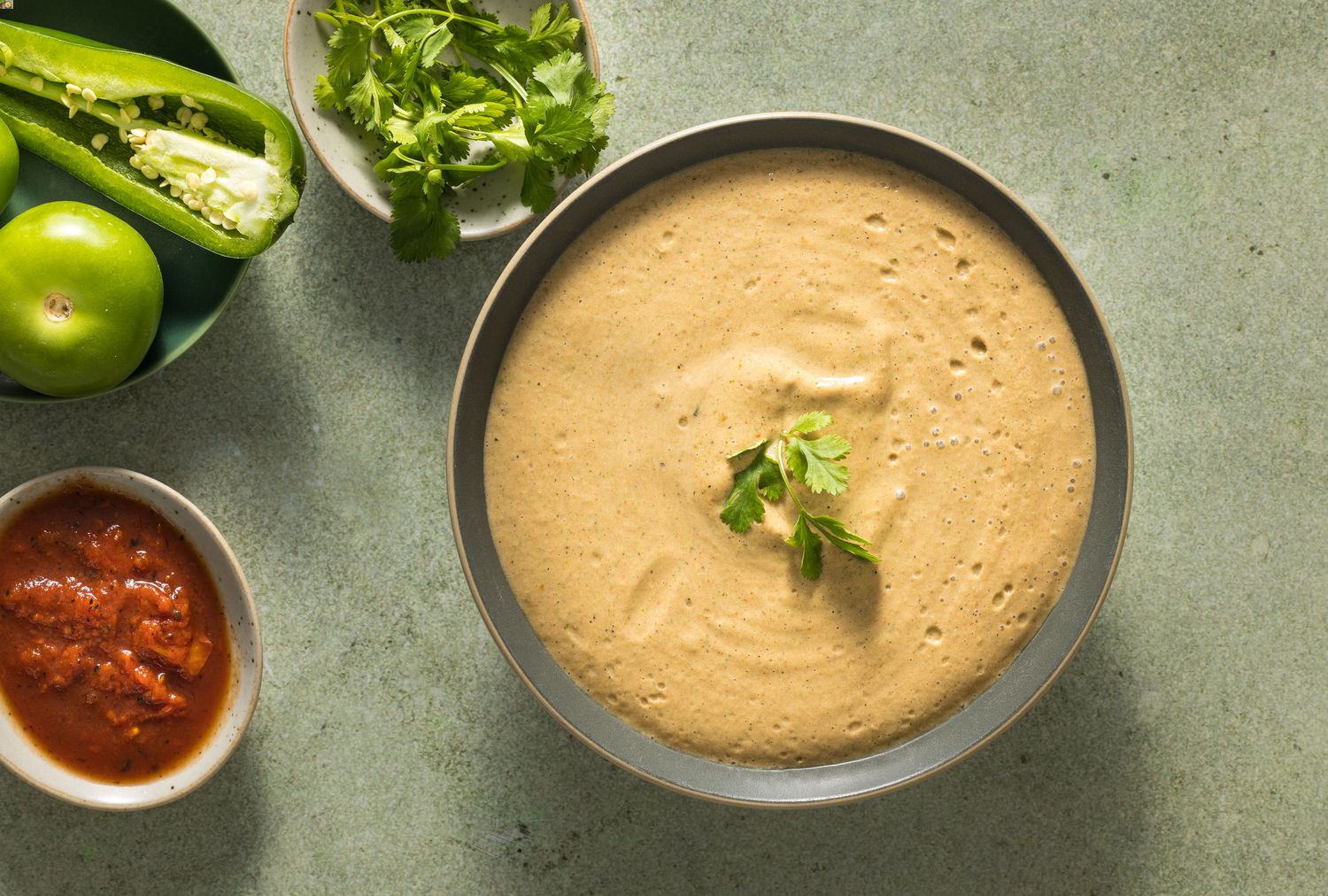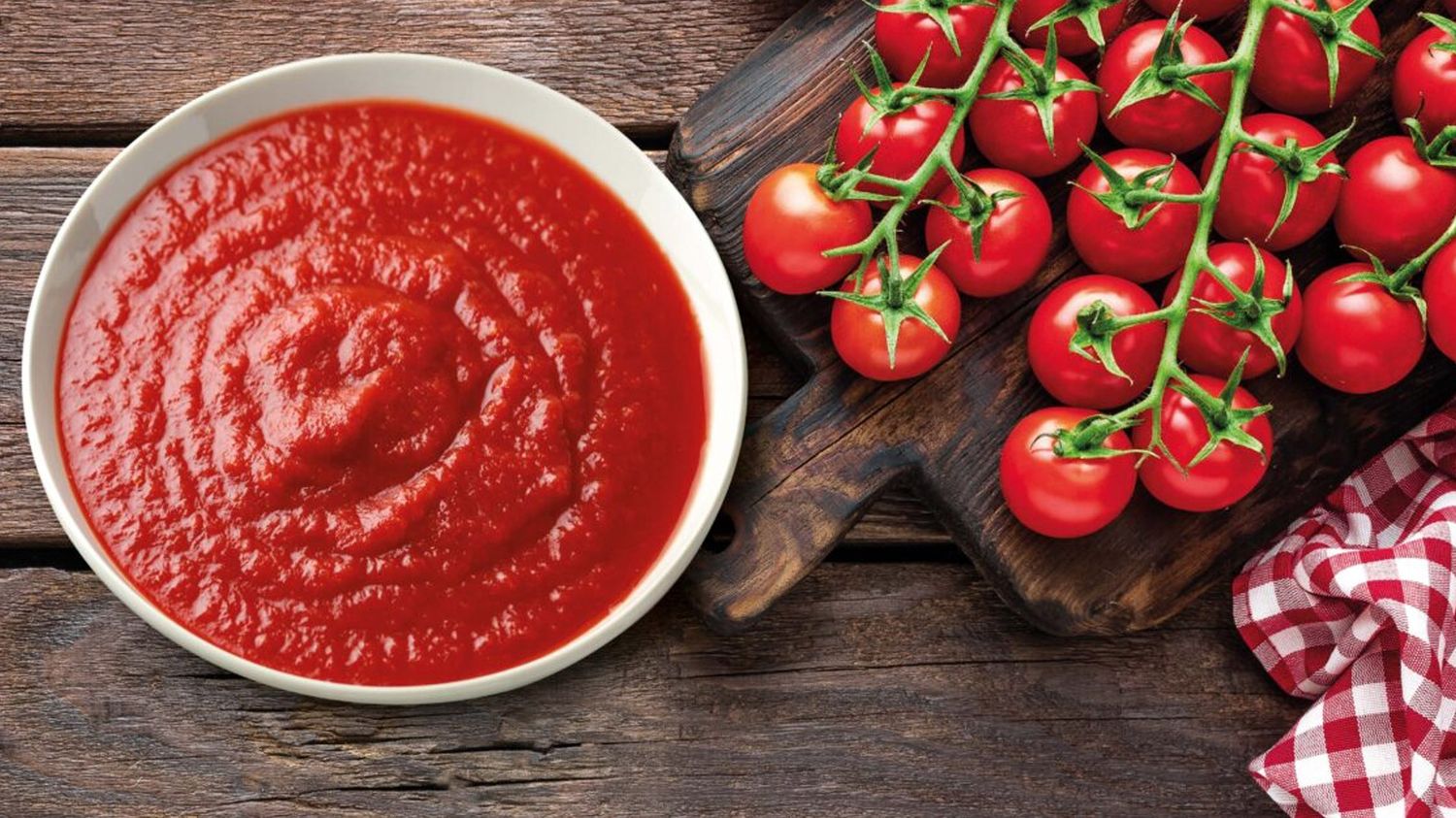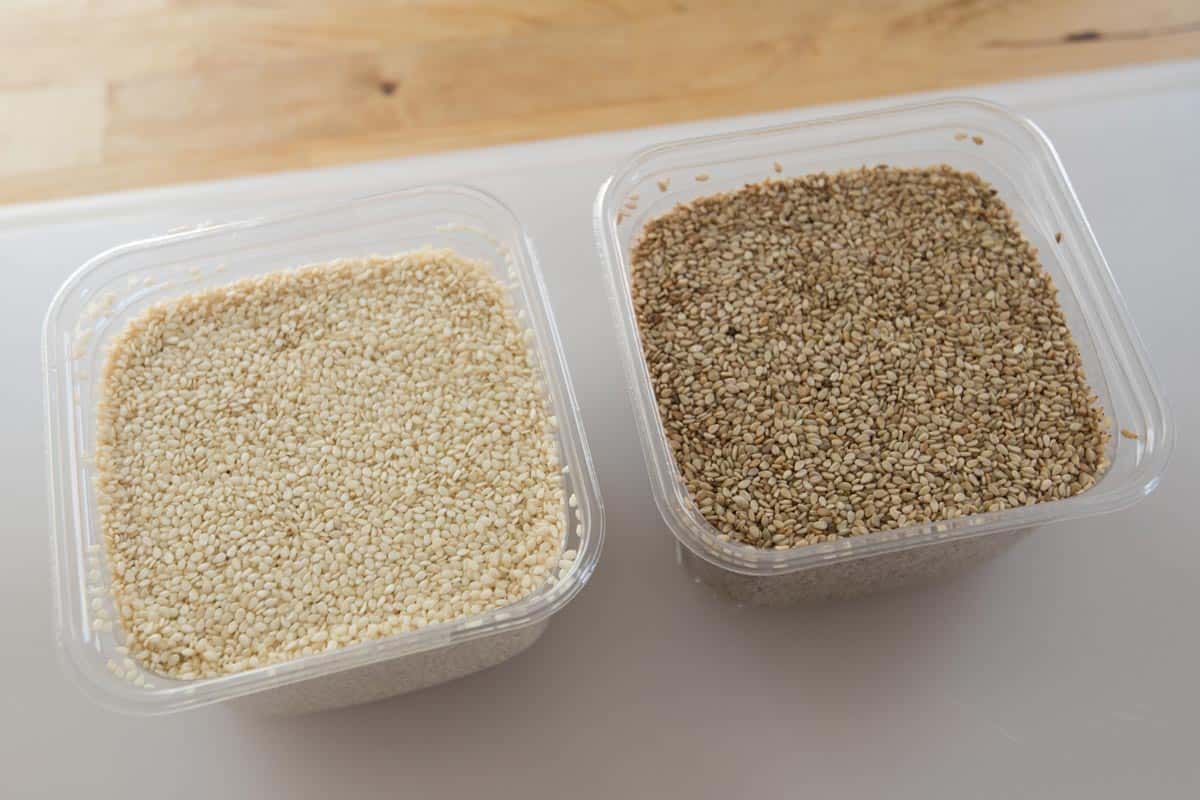Discovering the Name of Small Oranges
Have you ever come across small, tangy, and sweet citrus fruits that resemble miniature oranges? These delightful fruits are known by various names across different regions and are often confused with other citrus fruits. In this article, we will explore the name of these small oranges and unravel the mystery behind their identity.
Defining Small Oranges
Before we delve into the specific name of these small oranges, let’s first understand their characteristics. Small oranges are typically petite in size, ranging from 1 to 2 inches in diameter. They are known for their thin, easy-to-peel skin and juicy, segmented flesh. These fruits are often enjoyed as a snack, added to salads, or used in culinary preparations to impart a burst of citrus flavor.
Unveiling the Name
Small oranges are commonly referred to as mandarins. This name originates from the bright orange robes worn by the officials of the ancient Chinese imperial court, who were known as mandarins. The association with this esteemed title reflects the high regard for these delectable fruits.
It’s important to note that small oranges may also be known as tangerines in some regions. While mandarins and tangerines are often used interchangeably, they do have subtle differences in terms of flavor, seediness, and ease of peeling. However, both varieties belong to the mandarin orange family and share similar characteristics.
Exploring Varieties
Within the category of small oranges, there are several popular varieties that are cherished for their unique qualities:
- Clementines: These seedless, easy-to-peel fruits are a favorite during the winter months and are known for their sweet and tangy flavor.
- Satsumas: Originating from Japan, satsumas are prized for their loose, easily separable skin and sweet, juicy segments.
- Calamondins: Smaller and more tart than traditional mandarins, calamondins are often used in preserves and culinary applications.
Health Benefits
Small oranges, whether they are mandarins, tangerines, clementines, or satsumas, offer a plethora of health benefits. They are rich in vitamin C, which supports the immune system and promotes healthy skin. Additionally, these fruits contain dietary fiber, antioxidants, and various essential nutrients that contribute to overall well-being.
In Conclusion
So, the next time you encounter these delightful, small oranges, remember that they are most commonly known as mandarins or tangerines. Whether you enjoy them as a refreshing snack or incorporate them into your culinary creations, these citrus gems are sure to brighten your day with their vibrant flavor and nutritional value.
Now that you’ve uncovered the name of these small oranges, why not savor their juicy goodness and reap the benefits of these delightful citrus fruits?
Was this page helpful?
Read Next: What Is A Substitute For Coconut Milk?


